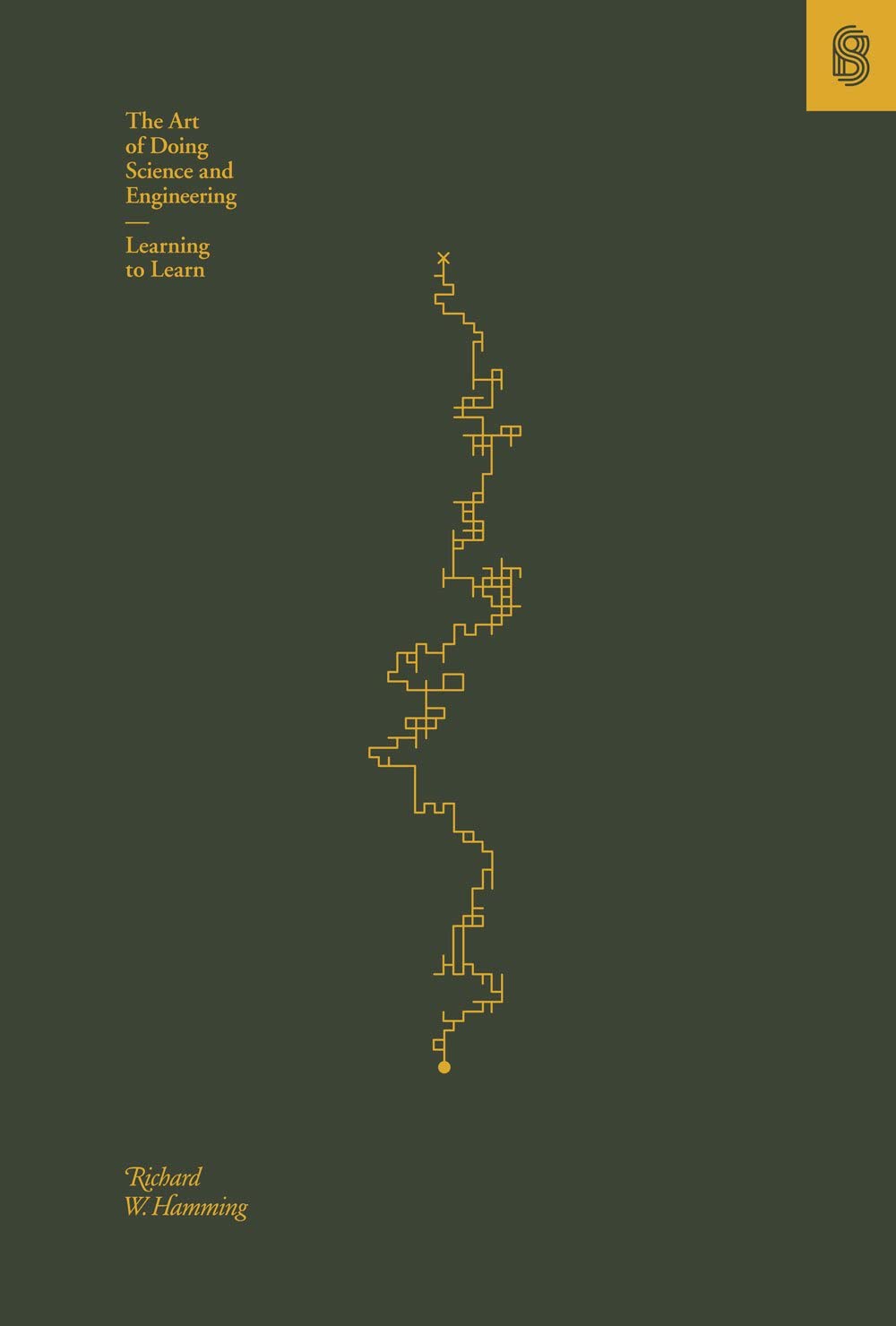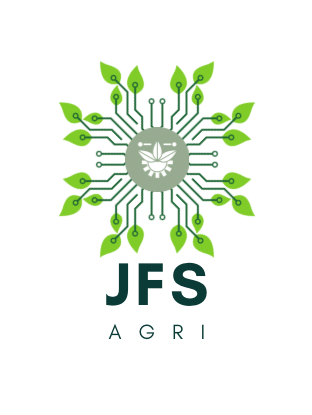All of the below are books that I have on the bookshelf and have enough fondness for to have lugged them around the country a few times over the years. Mostly engineering-related stuff, but also some that are more "business" philosiphy/econ that I really like and have found really interesting in terms of my career outside of 'just engineering'.
Engineering References
Mechanical Engineering
Roark's Formulas for Stress & Strain - This is definitely one of my favorite go tos for when I'm doing general stress/strain calcs. It has tons of tables giving quick access to things like beam bending equations for all sorts of constraint schemes, moments of intertia for various cross-sections, and all that kind of stuff. One of my previous employers even had a Roark's plugin for MathCAD/Prime that allowed for directly pulling this stuff into calcs...I miss it
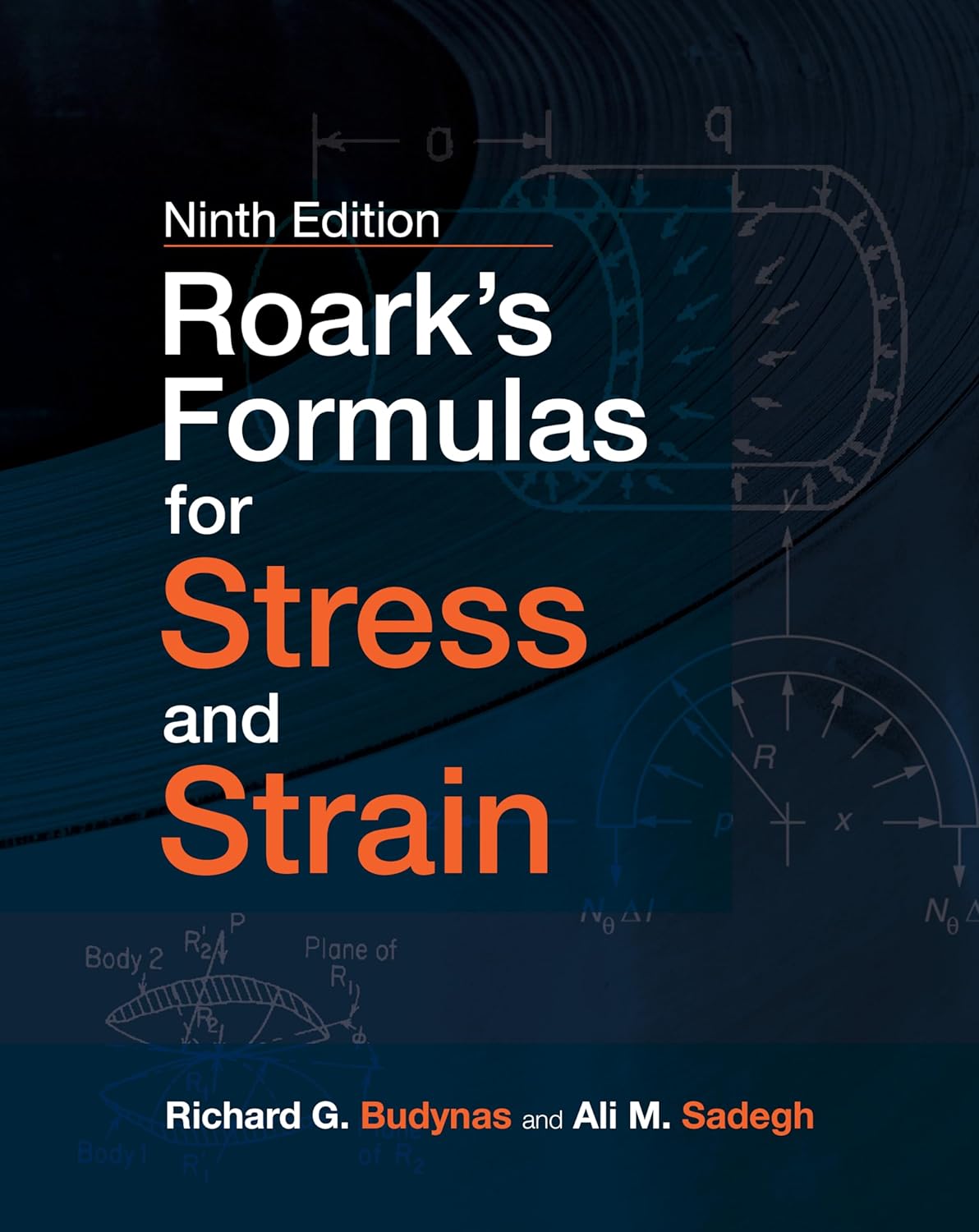
Shigley's Mechanical Engineering Design - A classic Mech E design textbook. I didn't actually use this text when I was in school, but several folks I worked with had it on their bookshelves at work, and I came to like it so much that I ended up buying a copy for myself.
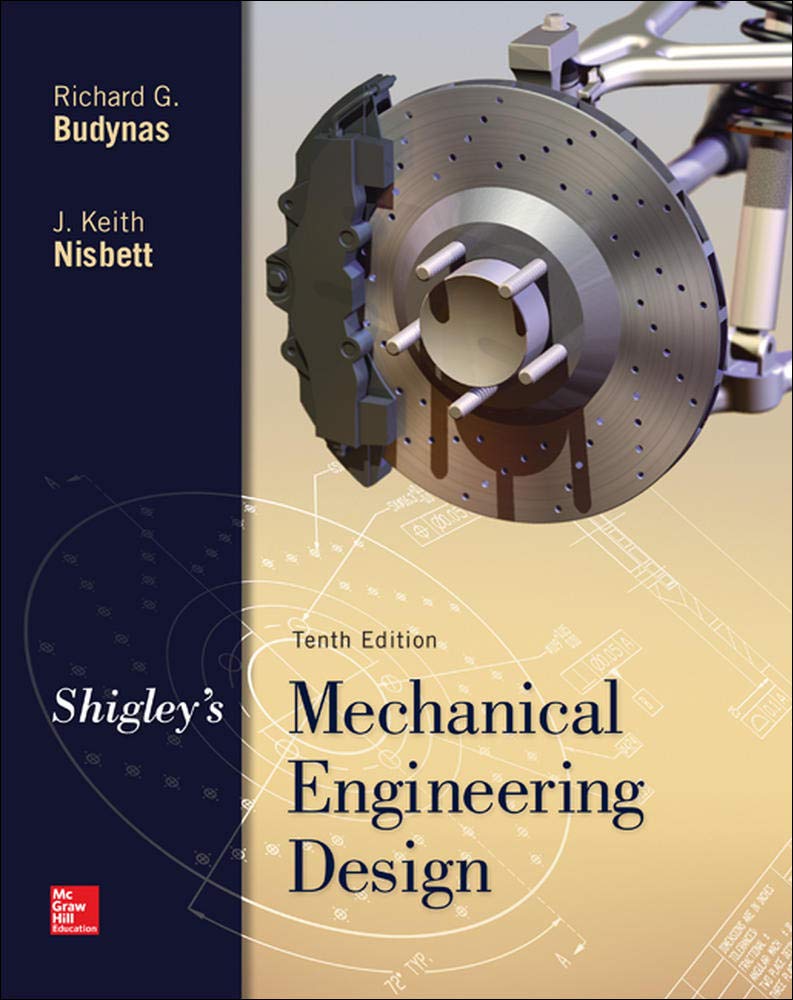
The Design of High Performance Mechatronics - Great general text on design of mechatronic systems. Not a book that I go to often as a reference in recent years, but I think it has a lot of good info on actuation options and system integration between mechanical and electrical with a dabbling of controls.
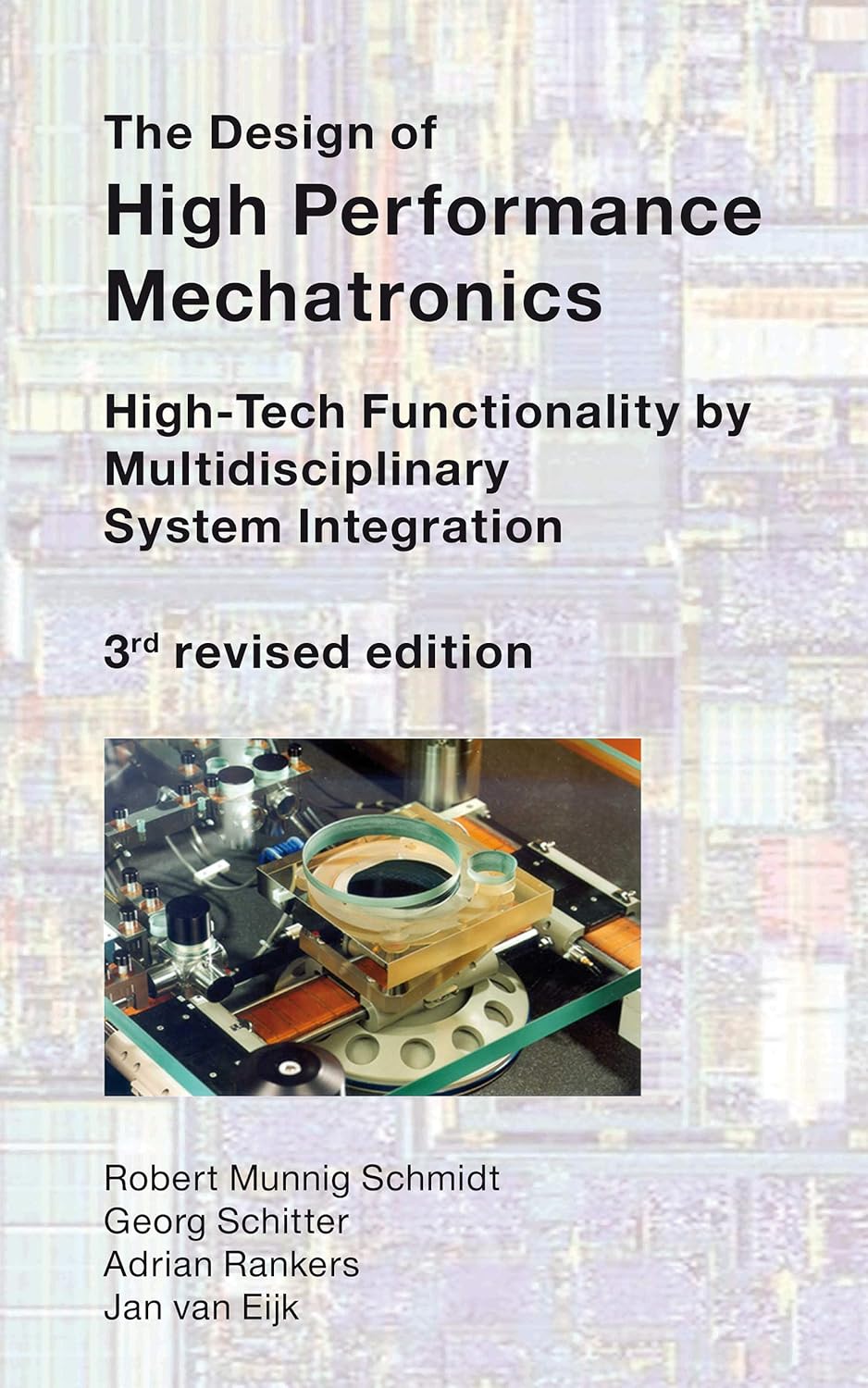
Precision Engineering
Foundations of Ultraprecision Mechanism Design - This is one of my all-time favorites for precision design reference, especially when it comes to flexure design. The author of this one also wrote the "Flexures" text below, but this one has a much more straight forward treatment on them that's great if you aren't doing something exotic. Also has a lot of great info on a wide range of other precision design topics like exact constraint/kinematic constraint, machine design considerations for precision applications, etc.
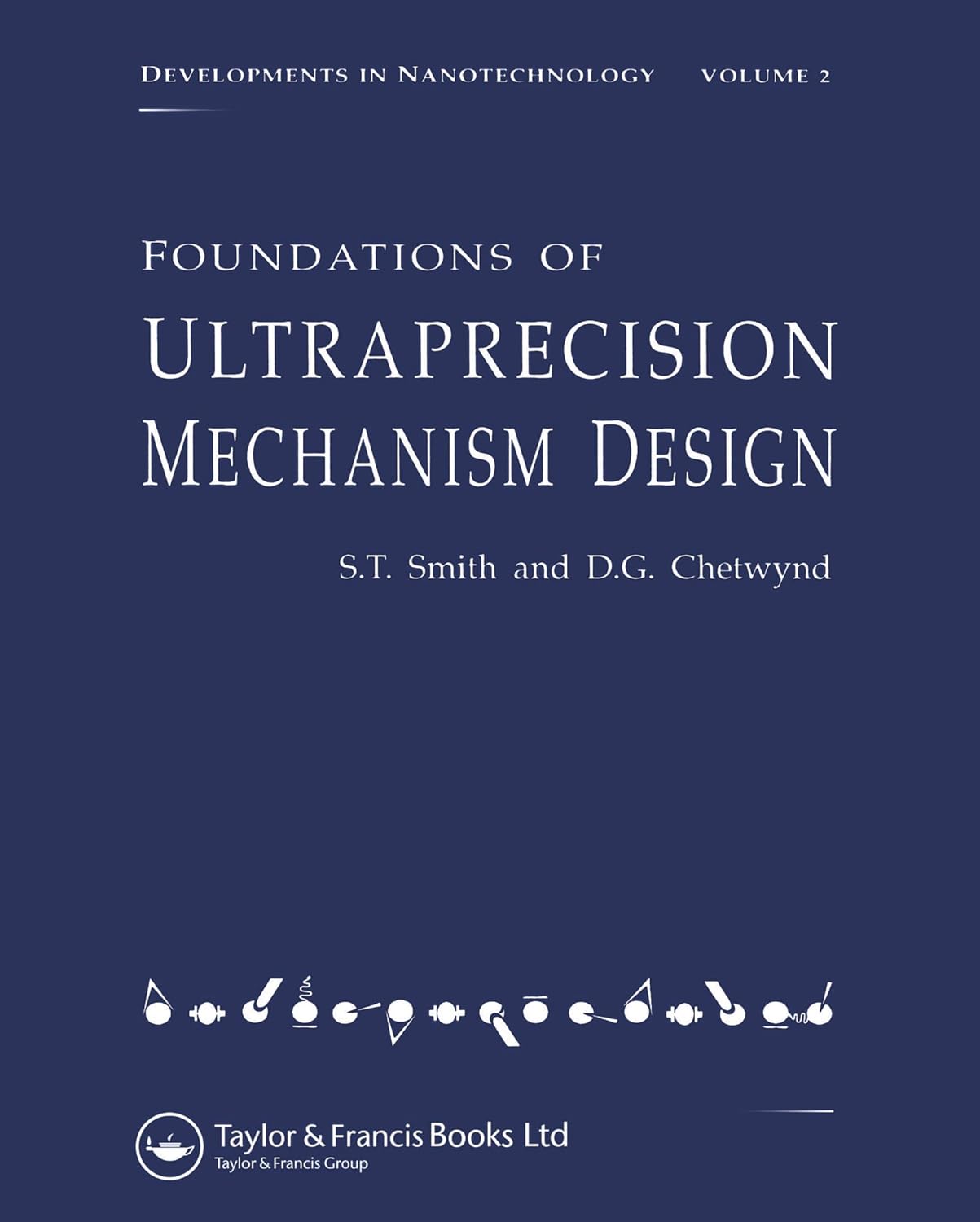
Precison Machine Design (aka "Slocum") - This is another staple on the shelf of many precision engineers. Often just referred to as just "Slocum" in reference to the author, who is quite well known in the precision design world. I keep my copy around, and do sometimes break it out for things like contact stress calculations, but I don't tend to hype it up quite as much as many of my colleagues have to me over the years. I think it's a very good text, but I if I had to choose just one precision design text, I'd probably go for Ultraprecision above instead...but that may just be because I love flexures and think they are better covered there.
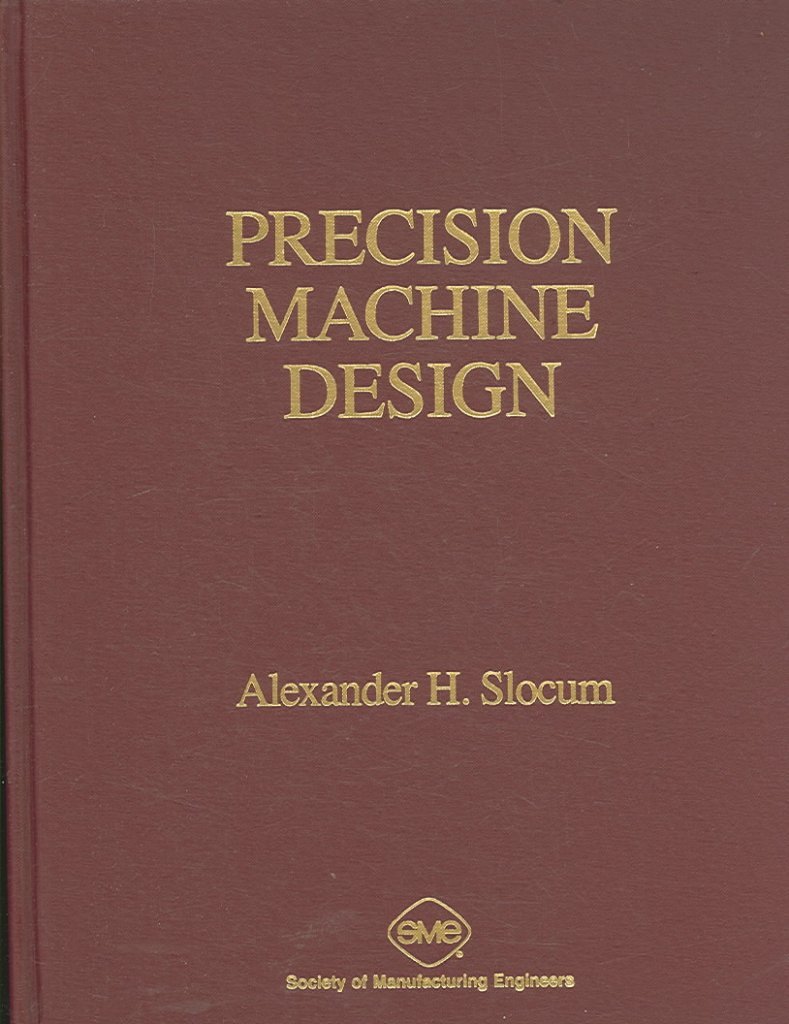
Basics of Precision Engineering - This one is newer to me, having bought it well after being out of school, but I've done quite a bit of perusing it and think it may be a great middle ground between the two above as a general precision engineering reference. But, that being said, all of the hours I've had nose-deep in the above two tends to mean those are still my first place to look when something comes up, since I generally know exactly where to look in them for what I want. But, if I were just starting out, or just someone who's precision-curious, this may be the one I'd go for.
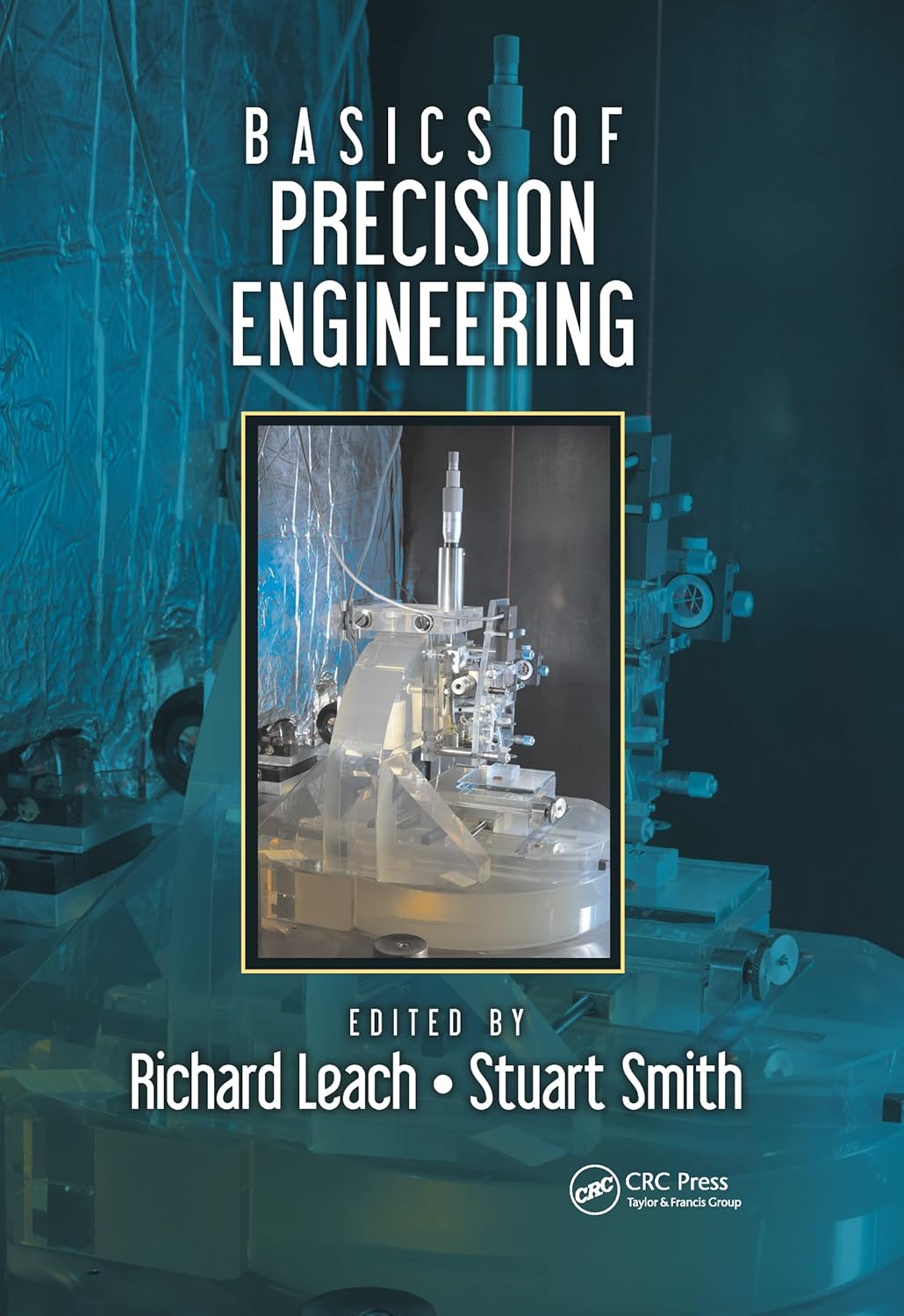
Flexures - Definitely the most in-depth text on compliant mechanism design and analysis that I know of. It is very 'first principles' heavy, so if you aren't confortable with diving into math, I'd think long and hard about whether this one's a good fit for ya. But, if you want closed-form solutions that predict flexure performance incredibly well, this will definitely get you there.
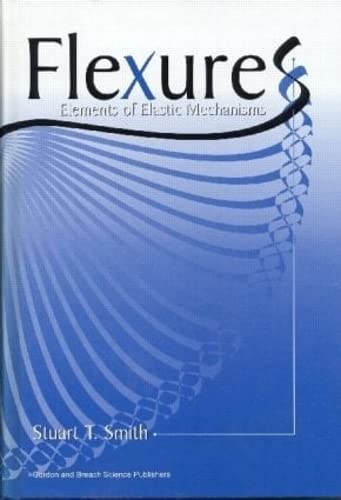
Exact Constraint - I really like this little exact constraint text, but it's also pretty pricey per page (as I write this it looks like it's about $80 and is only around 180 pages). So if you're populating a bookshelf on the dime of your workplace, may be worth adding to the list, but feels tough to justify as a personal expense. But has a lot of useful general info regarding exact/kinematic constraint design.
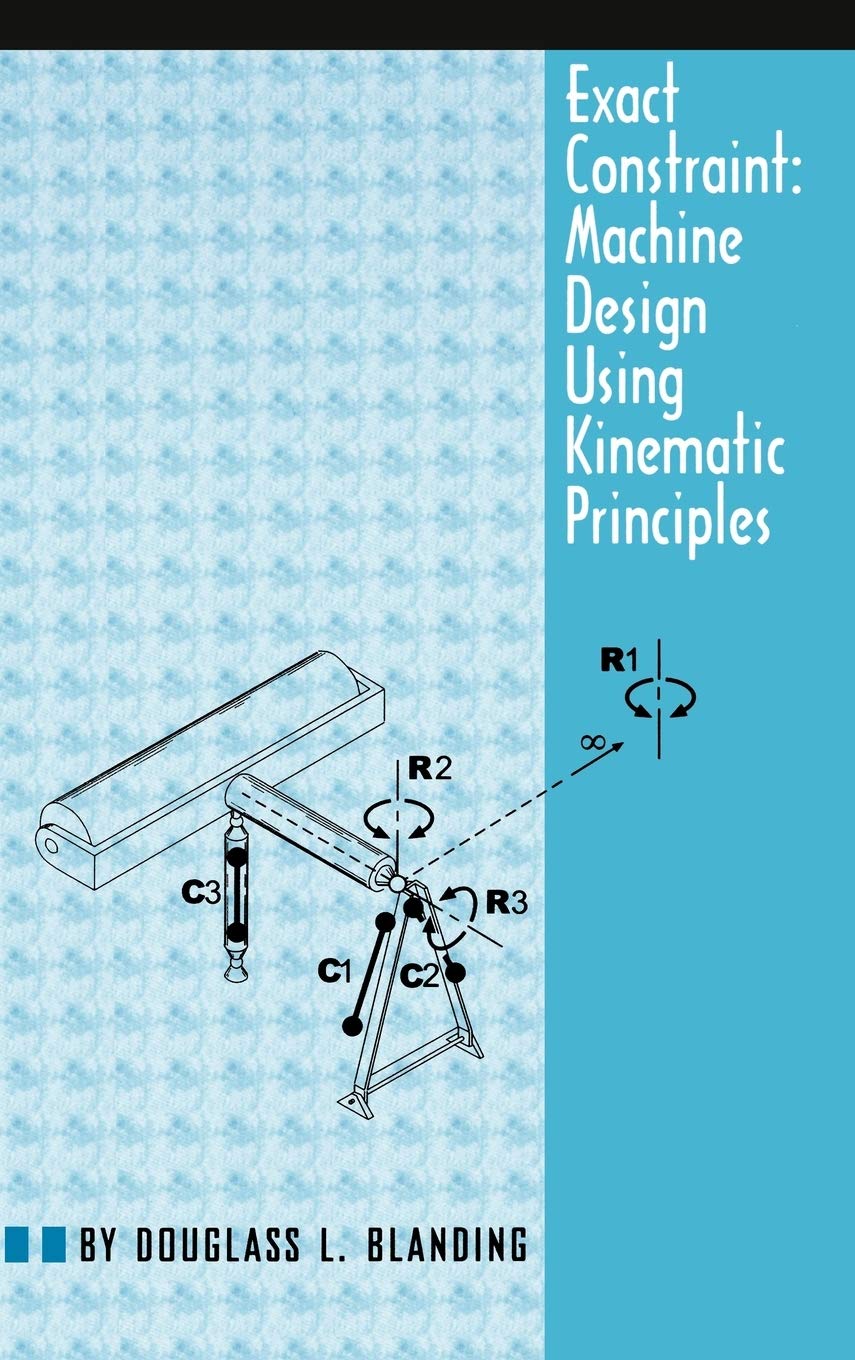
An Introduction to Error Analysis - A fantastic reference for calculating uncertainties in phyiscal measurements. If you are working with data from the real world, and want to quantify the uncertainties in the resulting analysis from that data, this is an excellent text to help you do that. I still pull this guy out pretty regularly and have bonded with coworkers from different disciplines over our love for it :)
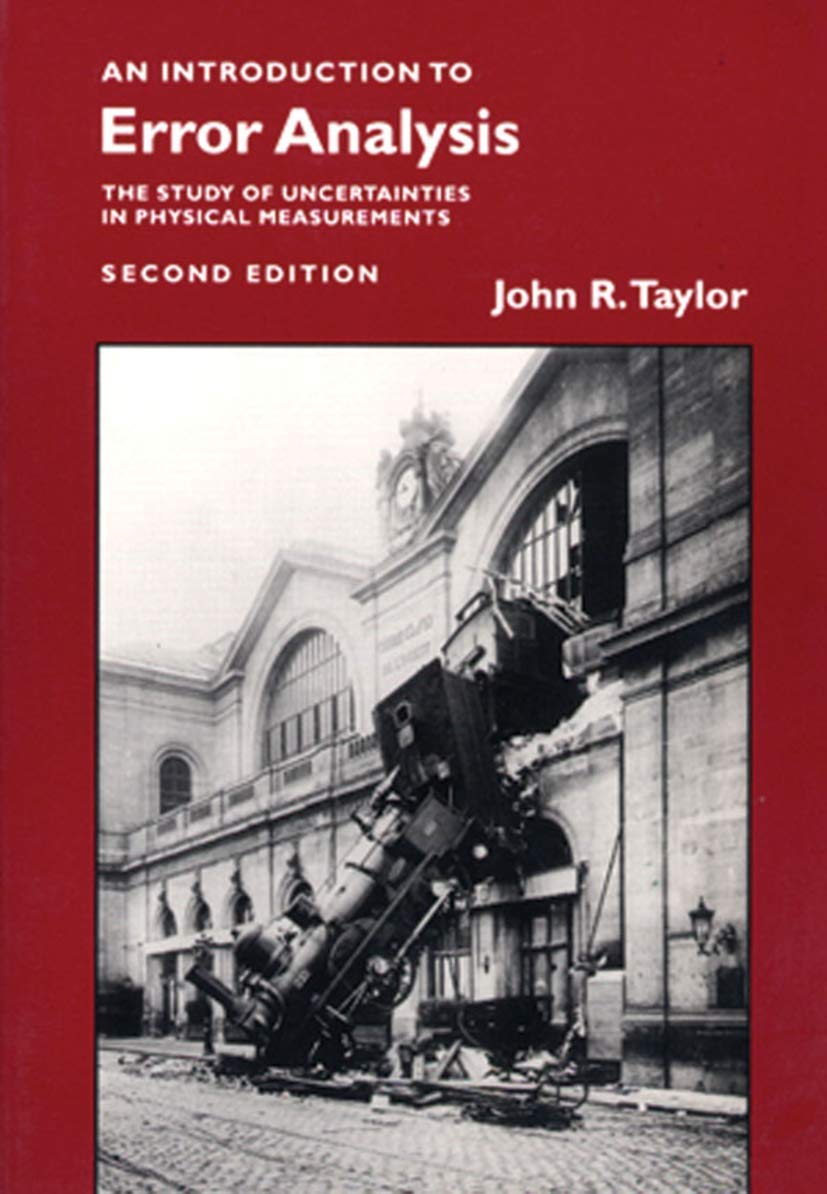
Optics & Opto-Mech
Optics (Hecht) - I am far from knowledgeable about optics, but I've had this text since grad school, and it has proven to be a handy one for me when working on projects involving optical systems since. While working with some awesome optical engineers, this book allowed me to come home and at least try to read up on some of the things that went over my head during the day.
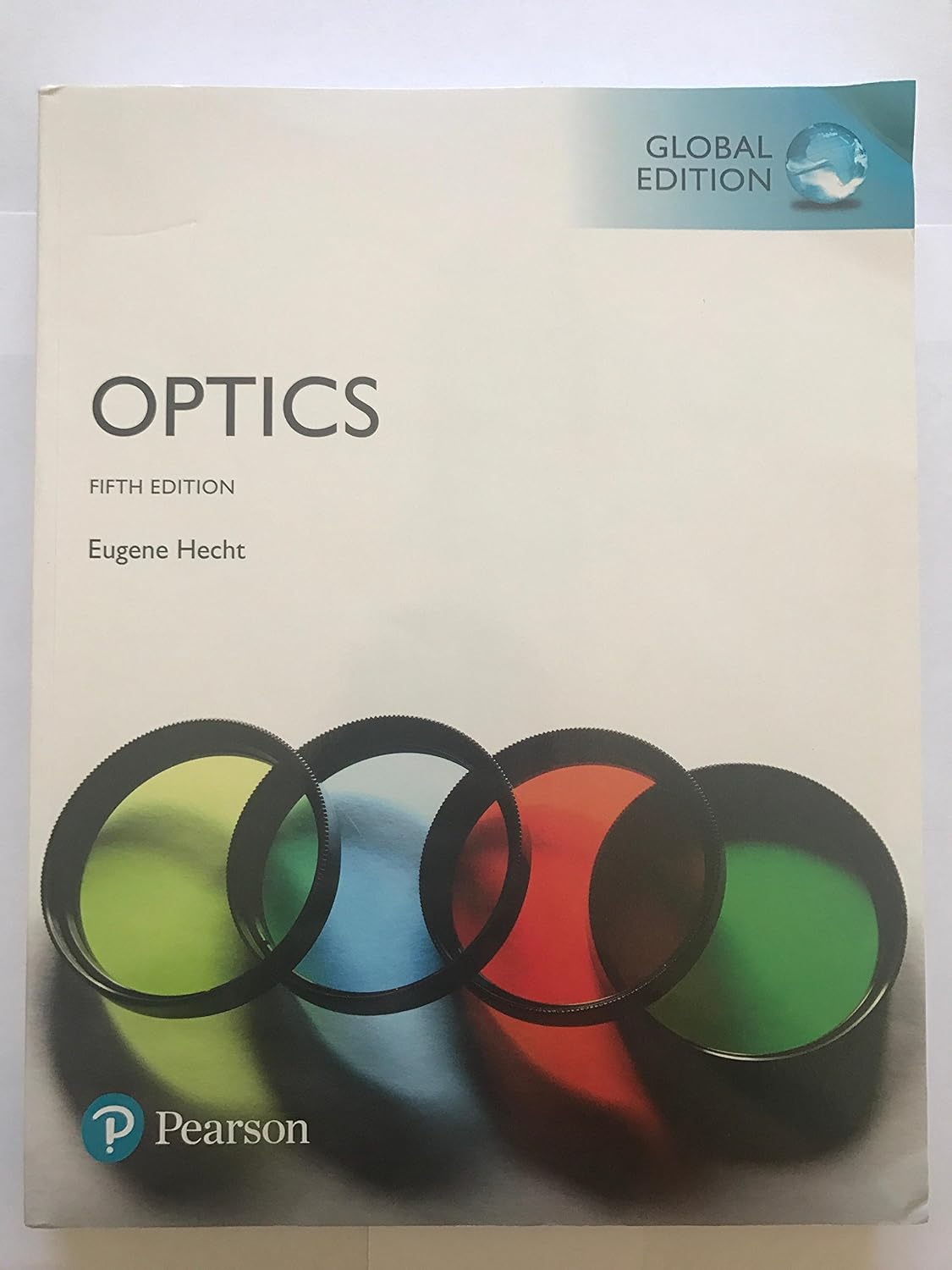
Opto-Mechanical Systems Design - I splurged on both volumes of this set when working at my previous employer, where I was MUCH more deeply involved in opto-mech design than I ever had been in the past. Although both seem to be excellent texts, I think Volume 1 is the most valuable for the vast-majority of tasks (unless you are making very large optical systems, with elements of a meter or more). Lots of great info on general design principles, analytical approaches for validating designs, etc.
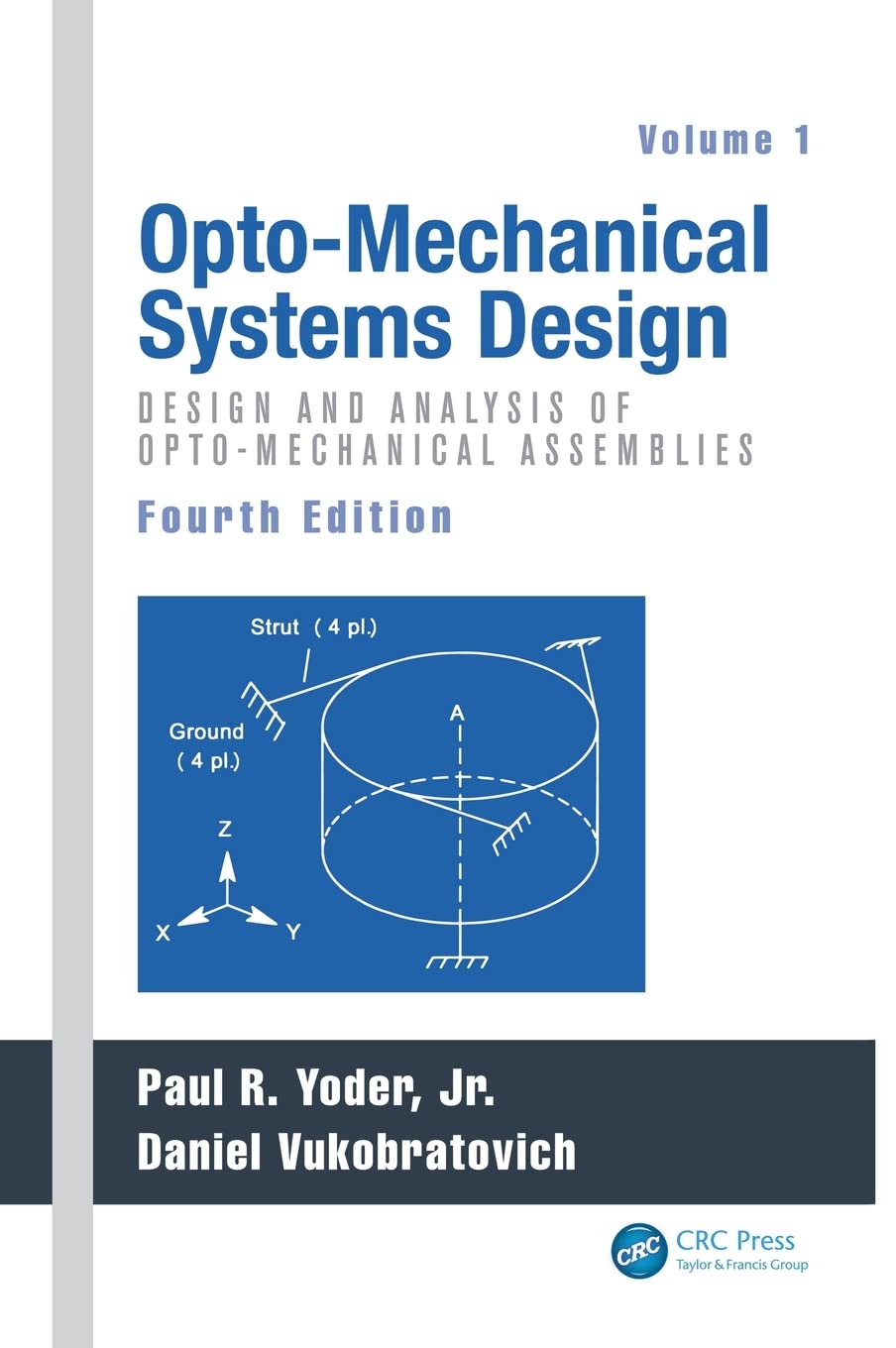
Business/Econ
The Innovator's Dilemma - This is one I bought a long time ago after hearing someone I really respect say it is a favorite of theirs, but I only recently actually read it and think it's fantastic. I think if you are working at a start up, or in R&D at an established firm, I think it provides a really interesting perspective on how to think about disruptive technologies. So much in it reasonated with me in terms of things I have seen working both within large organizations and early-stage startups.
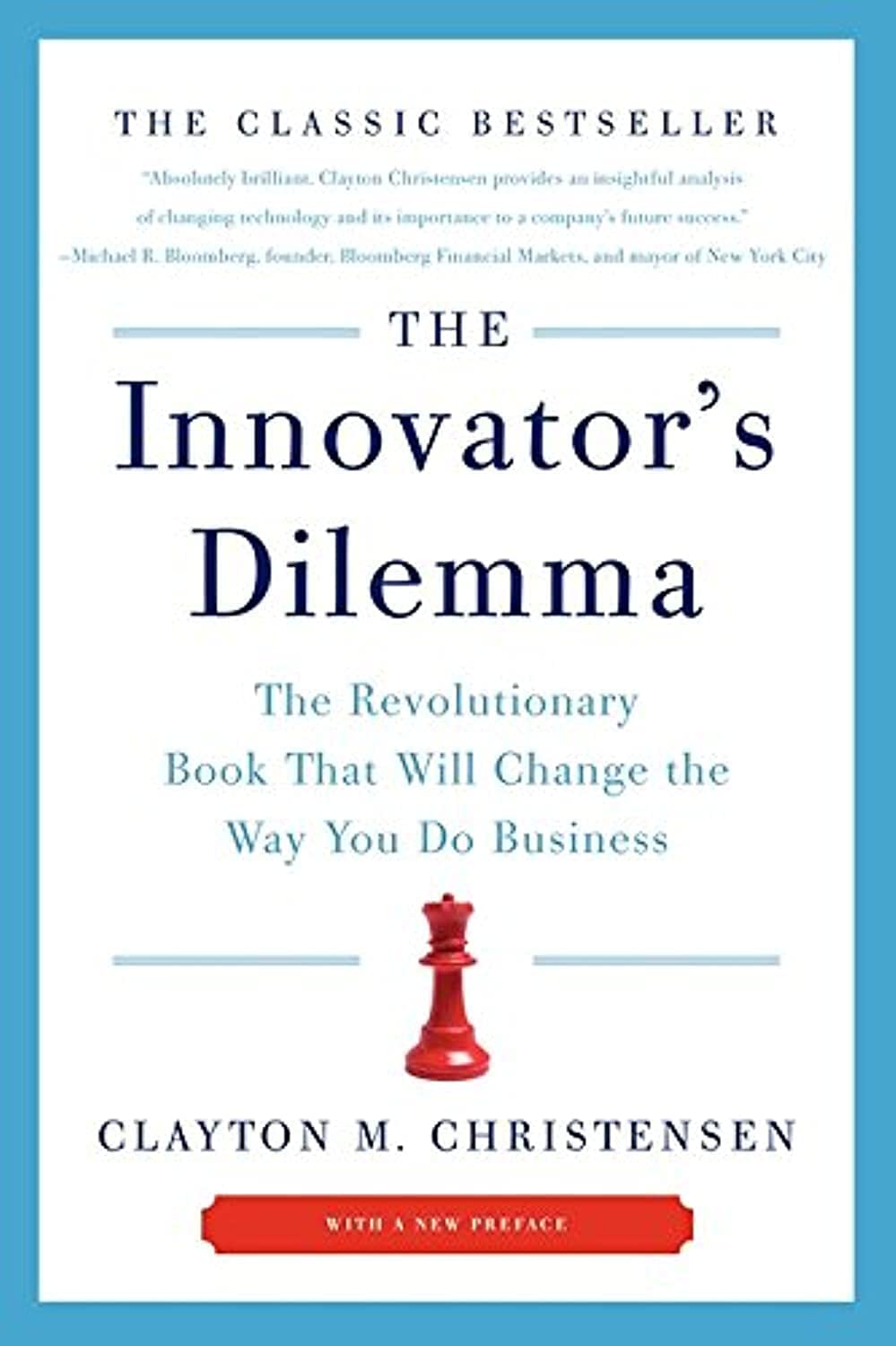
No Rules Rules - Written partly by Reed Hastings of Netflix, I found this book incredibly interesting and it made me really think about my baked-in assumptions about what company culture is and should be. I don't necessarily agree with everything they advocate for, but so many of the philosophies they talk about were completely foreign to my experiences, that I just really found it thought-provoking and eye-opening. Really big fan of this one.
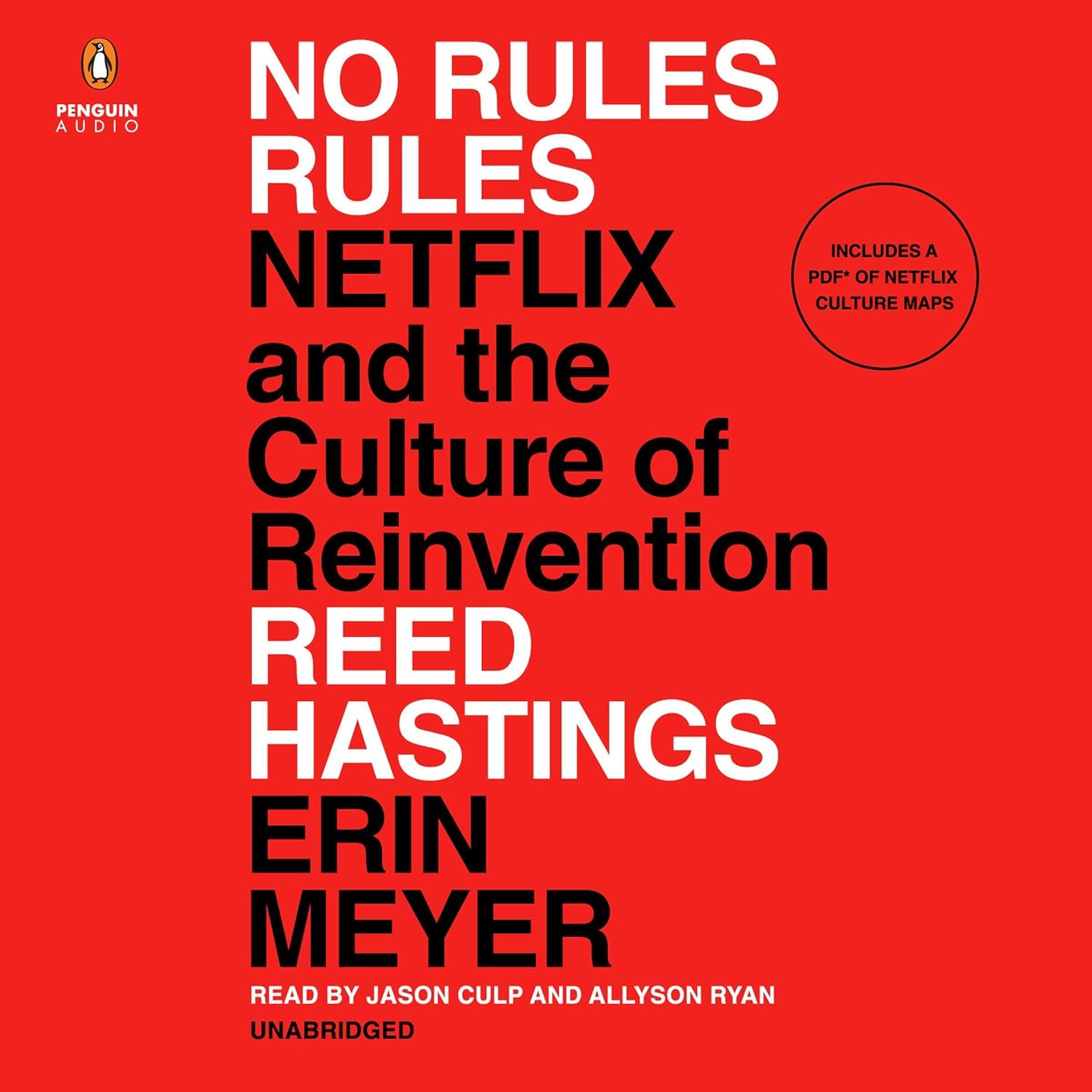
Toyota Production System - The book at the heart of 'lean' and 'six sigma' that would follow. I really enjoyed this book as a context for the underlying thoughts and approach behind lean methodologies. Not the most riveting, page-turner of a read, but I found it really valuable and interesting.
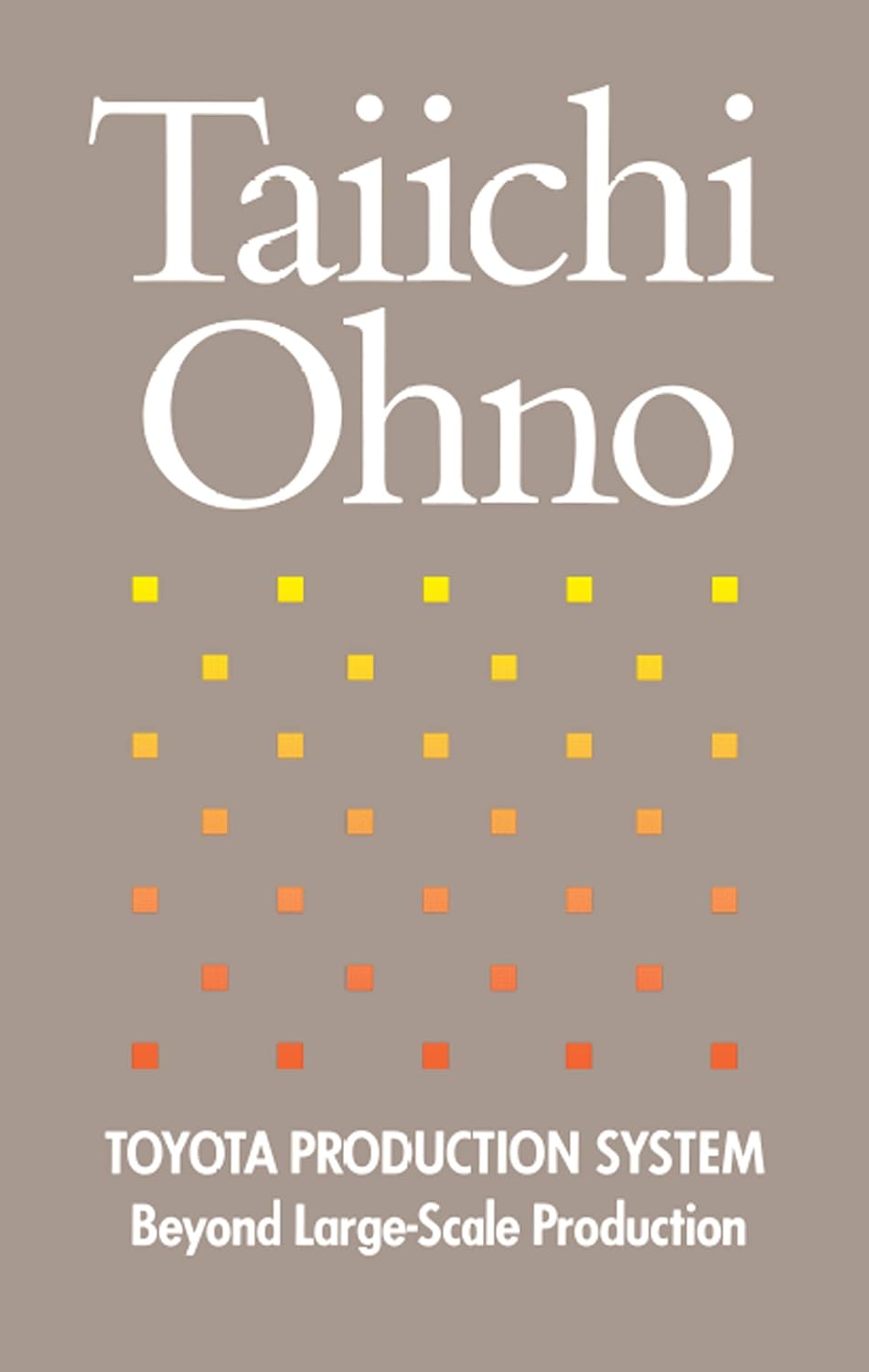
Nudge - I found this one really intersting not only in terms of helping me think about some aspects of marketing decision-making, but also found it helpful as a team leader/manager. I've always really valued the idea of focusing on 'aligned incentives', and I felt like there was a lot in this one that helped me better frame some of that thinking.
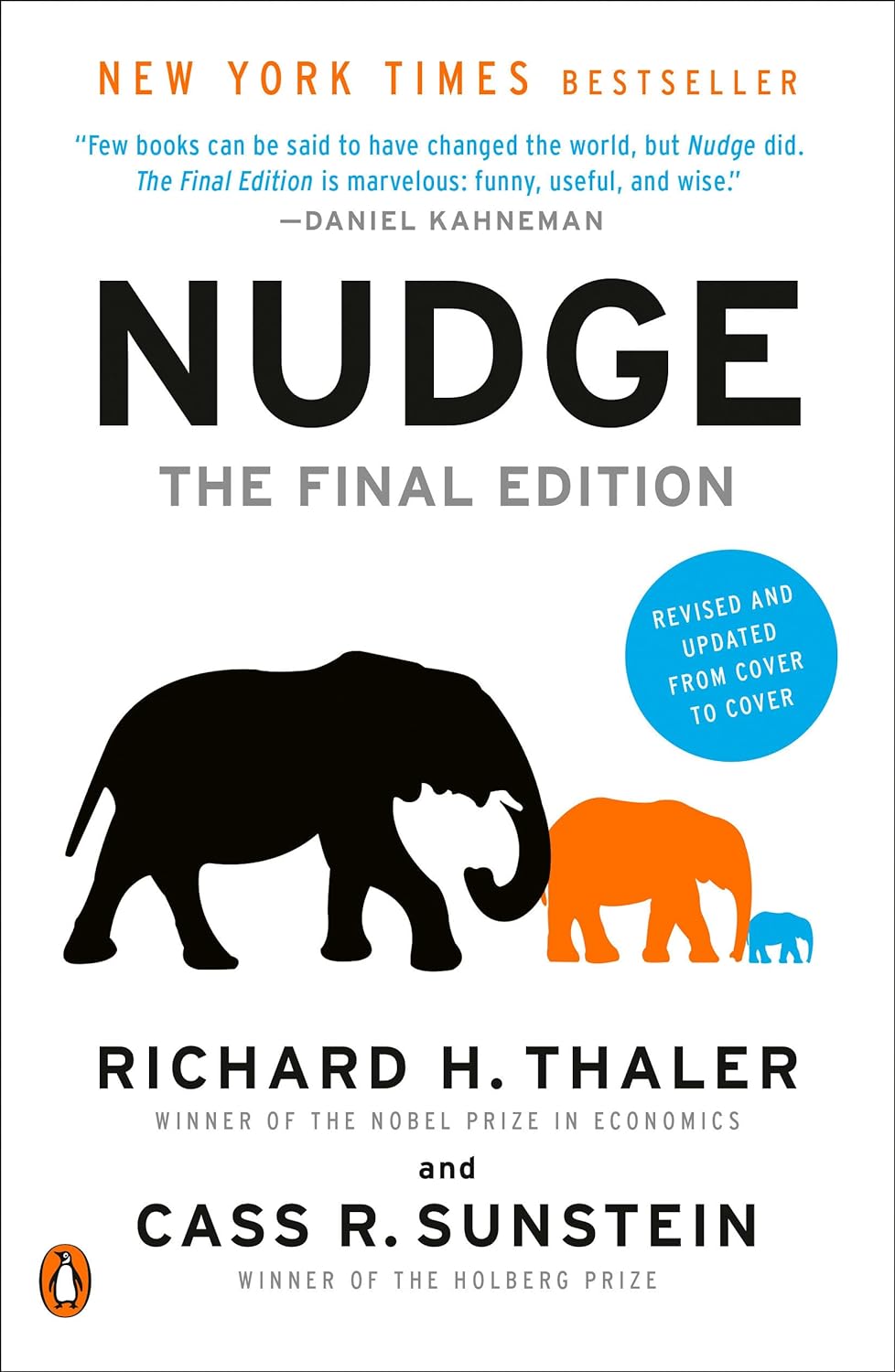
Team of Teams - I read this at a time when I was working within a very large engineering organization that was also trying to do a lot of modernizing and new technology adoption. I felt like many of the lessons discussed in the book really reasonated with me with the pain points that we were experiencing at the time. I also read this not too long after reading "No Rules Rules" above, and it reinforced the value of trying to push decision-making responsibility down the org chart as much as feasible. It really helped me in feeling comfortable entrusting my team with decisions and responsibilities that I might have previously held a tighter grip on.
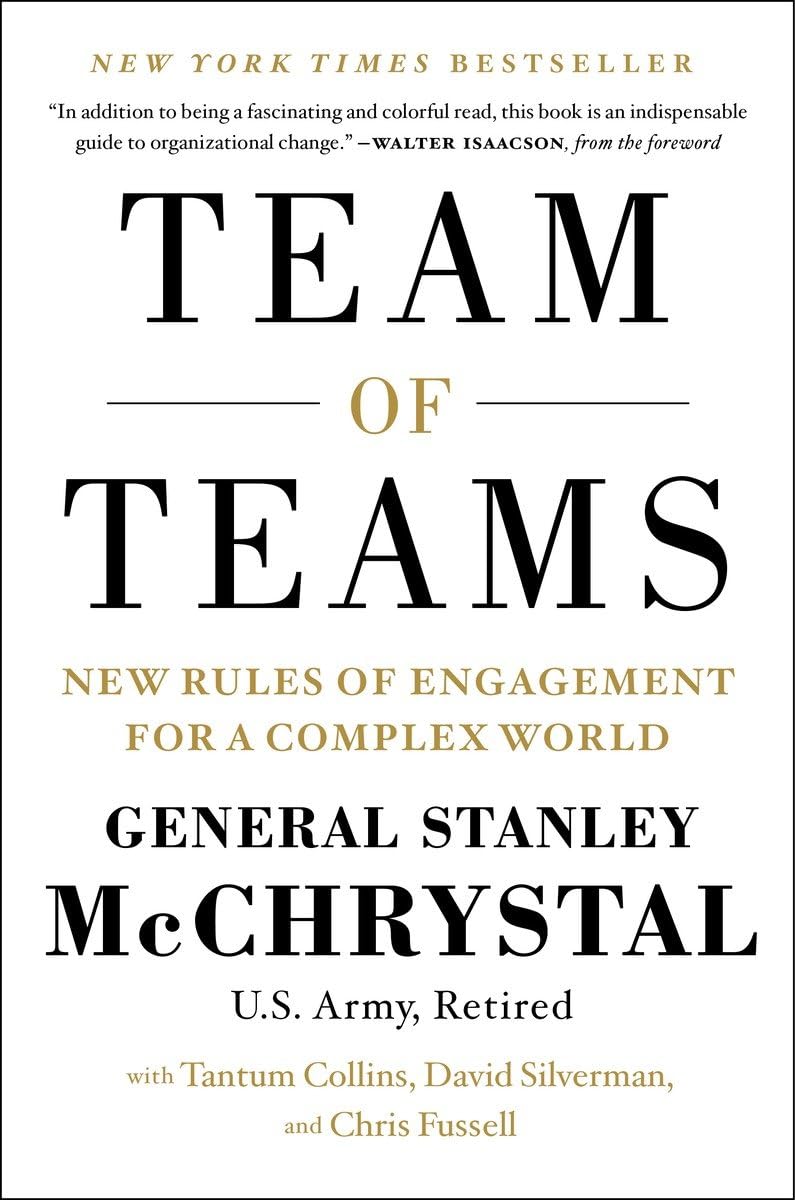
Just plain great reads
Hackers - No, it's not related to the amazing 90's movie (although I'll admit, I do love that too), and not really about 'hackers' in the sense the we typically think of the term today, but this is a great book about the hacker mindset and the origins of personal computing. I absolutely loved this book, and the philosophy that underlies it. To me, it paints a picture of the original hacker mentality that I feel is at the core of what we usually call "makers" today...and I just think it's lovely.
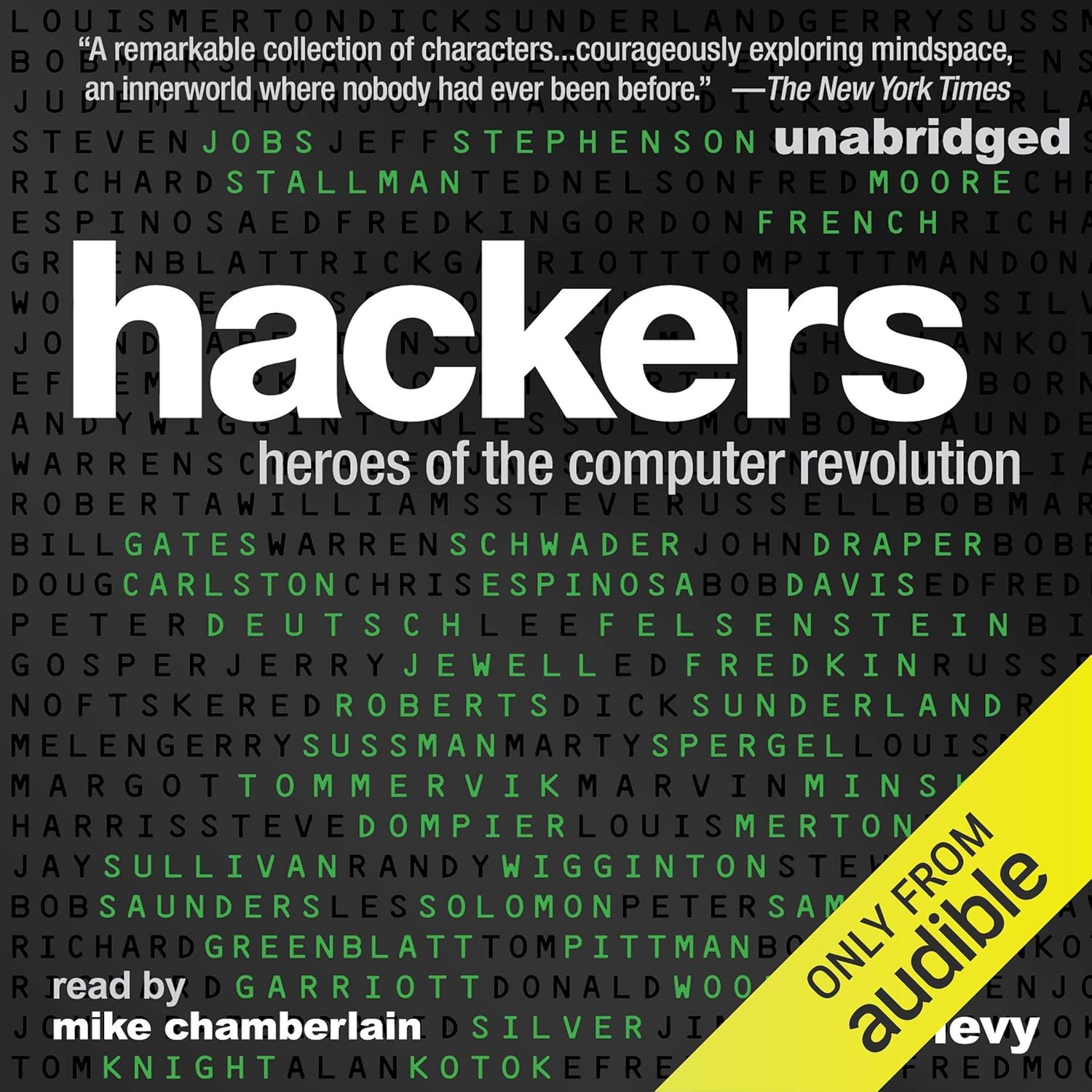
The Martian - I know this isn't exactly an unheard of book, but I haven't always been great about reading fiction, but when this came out it was a reminder for me of why that's a real mistake. The engineering mentality that's showcased throughout this book just hit me in the feels in all the best ways. I also had the good fortune of getting to attend a discussion with the author at a previous job of mine that he happened to have ties to, and I think it was my first time getting to genuinely fanboy over someone. So what I'm tryin to say is...yeah, my copy's signed...and I cherish it :)
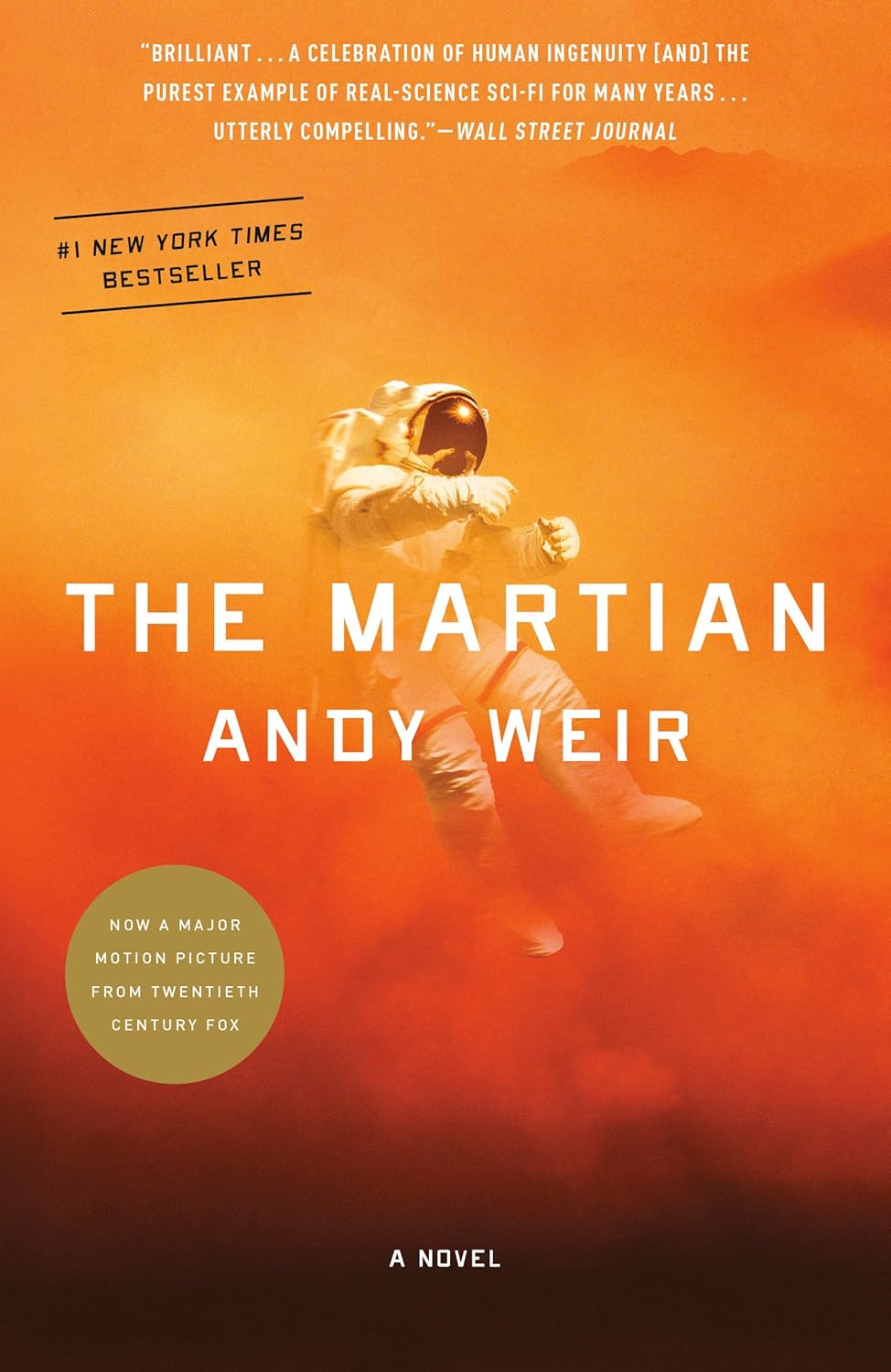
The Art of Doing Science and Engineering - I just love the premise behind this one. Appreciating the creative aspects of science and engineering and the mentality of approaching them. It wasn't always the easiest for me to read, especially given the somewhat Electrical Engineering-heavy perspective at times, but I still found it thoroughly enjoyable.
